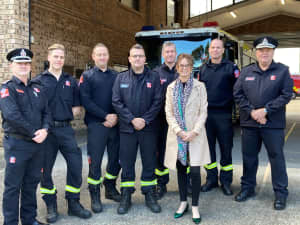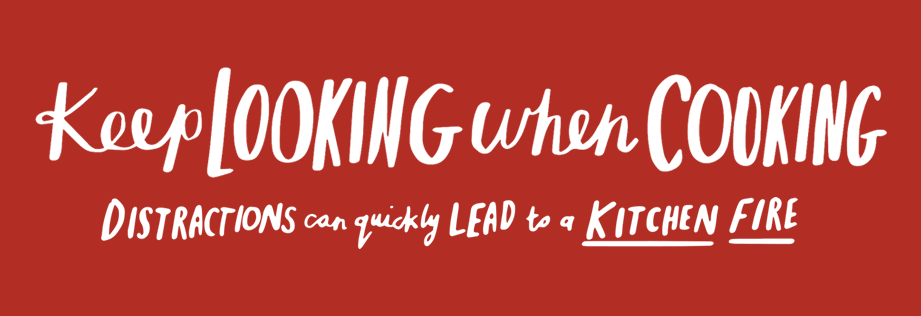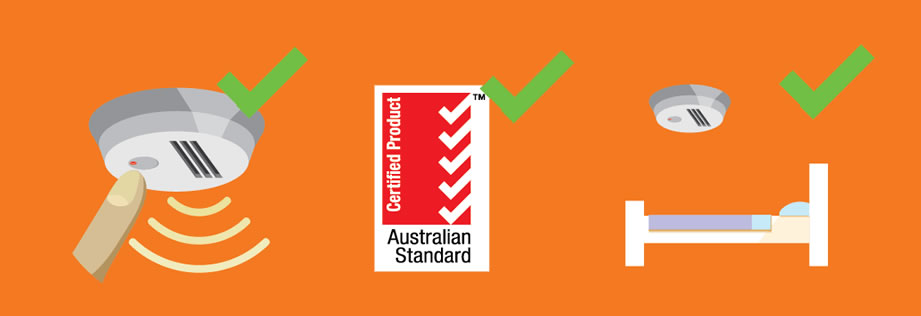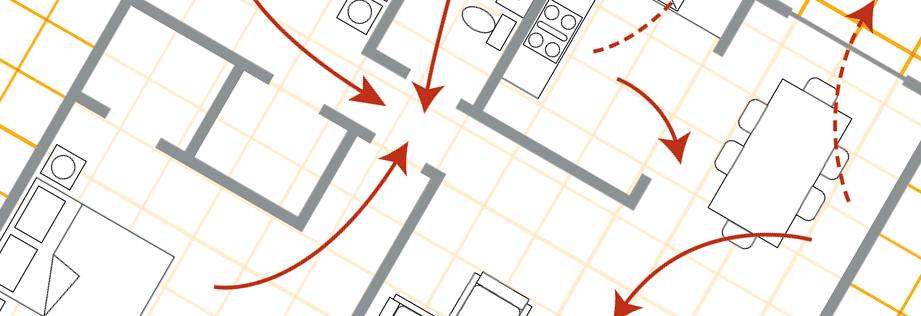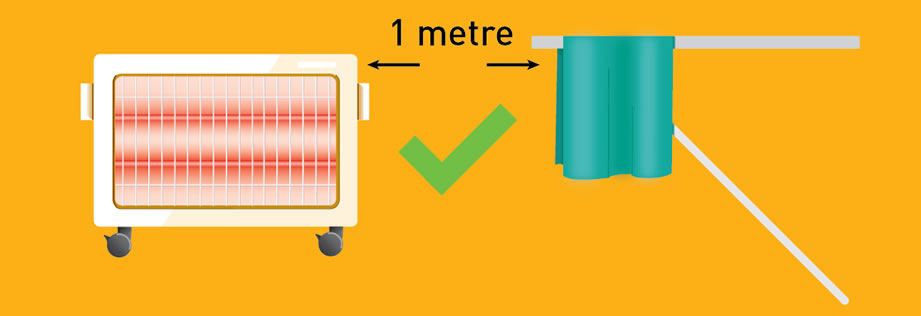Check your alarms – smoke just as deadly as flames in a house fire -VIDEO -
Published: 01 Aug 2022 09:28am
Fire and Rescue NSW (FRNSW) is warning the public that in most house fires this winter, toxic smoke is a more immediate threat to life than the flames.
Residential fires have claimed 13 lives in NSW so far this season, with smoke inhalation suspected of being a significant factor in many of those deaths.
There have also been 56 injuries suffered in the 576 house fires recorded across NSW so far this winter, with more than 150 blazes in the past two weeks alone.
Minister for Emergency Services and Resilience and Minister for Flood Recovery Steph Cooke said one of the key ways residents can protect themselves is by making sure they have a working smoke alarm.
“If you’re asleep when a fire breaks out, smoke won’t wake you up, but a smoke alarm will,” Ms Cooke said.
“A working smoke alarm can be the difference between life or death. Please check in with your loved ones, including elderly relatives, neighbours and friends to make sure they have a working smoke alarm.
“We’ve seen too many lives lost this winter and with one month to go before the weather starts warming up, I’m asking every to be extra vigilant to avoid more tragedy.”
FRNSW Commissioner Paul Baxter said when house fires break out, smoke can often be more deadly than flames.
“The cocktail of gases within the smoke is more likely to kill you before heat from the fire does,” Commissioner Baxter said.
“Typical gases given off by residential fires include lethal hydrogen cyanide and phosgene, which is very similar to the weaponised ‘mustard gas’ used on the western front battlefields of World War One.
“The toxic smoke often also contains substances such as hydrochloric acid, ammonia, carbon monoxide and hydrogen sulphide. One gasp of these toxins is enough to kill you, which is exactly why we urge people in fires to ‘get down low and go, go, go’.
“These toxic gases are superheated during a fire, they’ll burn your airways and lungs as you breathe them in. The gases also displace oxygen in the air, which causes asphyxiation and even after minor smoke inhalation, remain in the body for an extended period.
“Carbon monoxide is a colourless and odourless gas, which is why we encourage to not bring outdoor heaters or barbecues inside to generate heat, it can knock you out and kill you.
“That’s why working smoke alarms are the first line of defence in a house fire, particularly if you’re asleep. If your smoke alarm is too old, you haven’t maintained it or if you don’t have one at all, you and your loved ones are at risk of dying in a residential fire.”
Of the more than 500 house fires this winter, 46 per cent didn’t have a working smoke alarm and one in five didn’t have a smoke alarm at all.
For expert assistance in safeguarding your home call FRNSW to discuss booking a fire safety visit. If you don’t have smoke alarms installed, the FRNSW crews can fit them for you.
FRNSW advises the public to:
· Check and maintain smoke alarms once installed;
· Keep any drying clothes or anything flammable at least a metre from the heater;
· Clean and maintain any fireplaces;
· Do not use outdoor heating or cooking equipment inside your home;
· Check electric blankets are safe for use and never go to bed or leave home with your electric blanket on;
· Do not overheat wheat bags in the microwave;
· Do not overload power boards;
· Clean the lint filter from your clothes dryer after each use;
· Never leave cooking unattended;
· Always use candles under adult supervision and do not leave them unattended where possible;
· Ensure you have a ‘home fire escape plan” and practice it regularly with your family; and
· If a fire does occur, get out, stay out and call Triple Zero (000).
This winter, keep you and your loved ones safe by using the Get Ready for Winter checklist.
Media note: FRNSW footage of recent residential fires featuring large volumes of smoke are available via this link: https://vimeo.com/733855823/8fde5b9b50 [external link]
Updated: 01 Aug 2022 09:28am
Related safety topics
The leading cause of home fires in NSW is leaving cooking unattended.
It“s the law to have at least one working smoke alarm installed on every level of your home.
Having a home escape plan and a working smoke alarm increases your chances of getting out safely.
Learn how to prevent fires from heaters and open fires.
Details about this incident may change and should not be used as emergency information and/or advice.
For all life threatening emergencies, call Triple Zero (000)
For flood information, warnings or requests for non-life threatening assistance, call the SES on 132 500 or visit the NSW State Emergency Service website here. [external link].
For information directly relating to bushfires please call the Bush Fire Information Line on 1800 679 737 or visit the NSW Rural Fire Service Website here. [external link]
